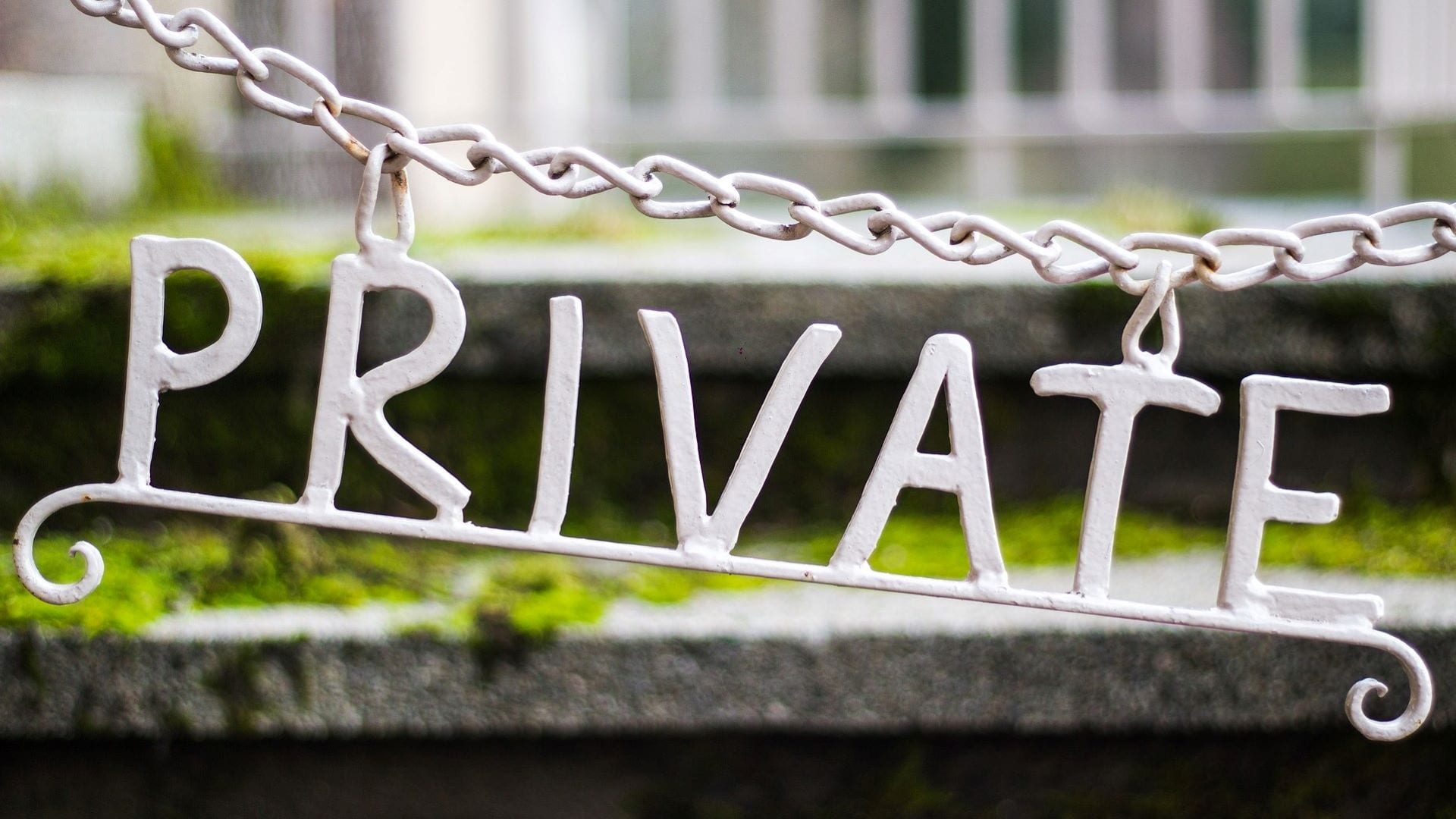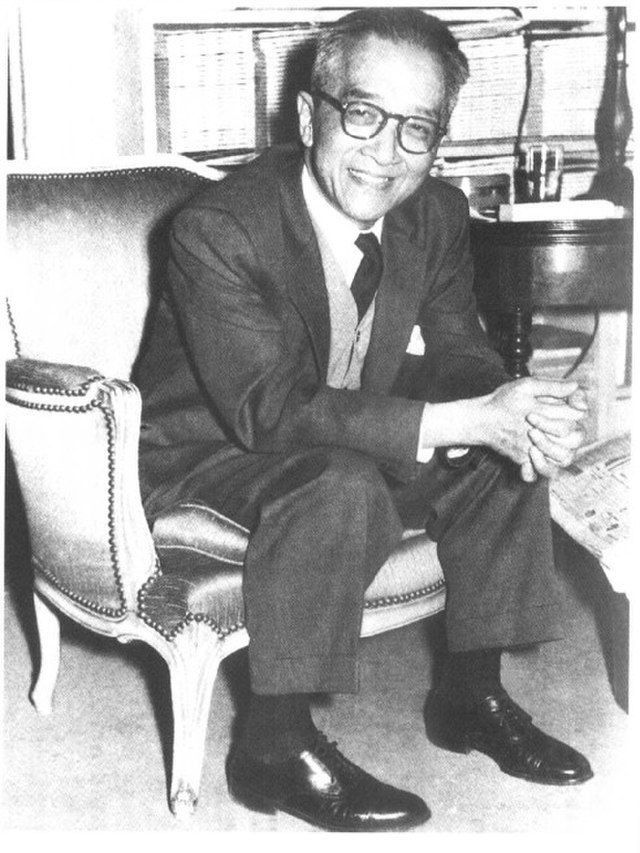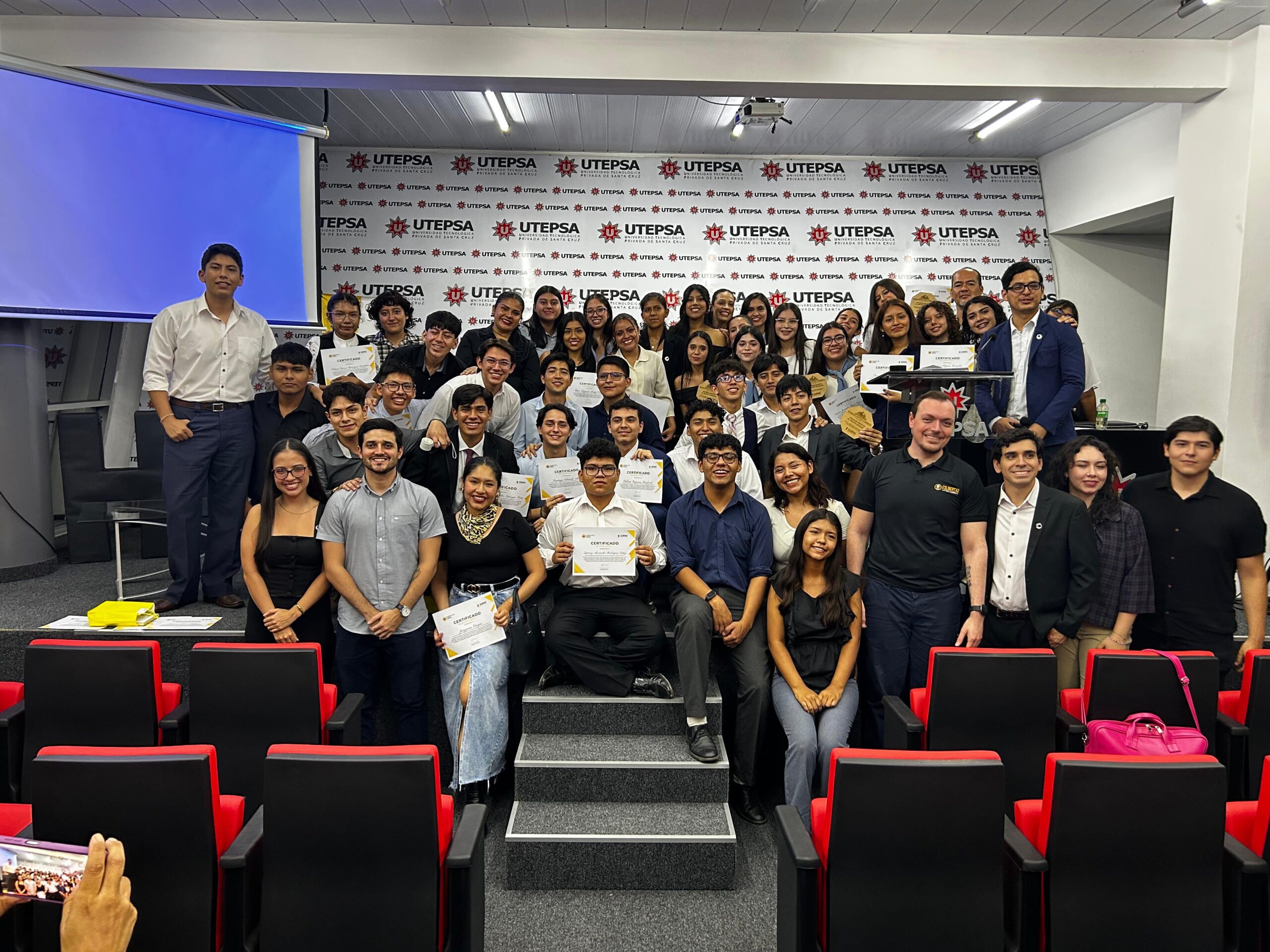By Christopher Wager
Does anyone remember Gawker? The online media platform was famous for celebrity gossip, drama, and the like but went out of business in 2016 after losing an invasion-of-privacy lawsuit to wrestler Hulk Hogan, financed by Peter Thiel. It’s set to re-launch soon, but its journey is an interesting case on the limits of privacy and freedom of speech.
Reason Magazine’s Jacob Sullum argued the lawsuit ruling hurt press freedom and decried the decision. I politely disagreed. Gawker’s shutdown was actually a massive victory for privacy rights, especially when seen through the lens of the non-aggression principle.
Freedom of the press is freedom from government
Firstly, we need to clarify that “freedom of the press,” with reference to the Constitution, protects the press from retaliation by the government for reporting government wrongdoings. Gawker was not the subject of a state-run criminal investigation for its publications; it was the subject of a civil lawsuit. The government was not retaliating against Gawker for portraying them in a bad light to the public.
Freedom of the press also doesn’t mean the press can’t be held liable for their reporting and the consequences of their reporting. Fraudulent libel is still a properly punishable offense, on the basis of it being fraudulent. Freedom of the press, strictly speaking, is not the issue at hand when we discuss what Gawker’s shutdown meant for the media.
Mr. Sullum argued,
“The public clearly was interested in the Hulk Hogan sex tape, which generated more than 7 million page views. Whether the public should have been interested is a different question, and Thiel thinks his answer should be legally enforceable.
I’m not sure I buy [Gawker’s] rationales [in publishing stories about celebrities’ private lives], but I am sure they should be judged by readers, not by courts. Empowering jurors to define the public interest and decide which stories serve it is bound to have a chilling effect even on journalism that Thiel would consider legitimate, because people commonly disagree about such matters.”
He was right that neither jurors nor billionaires should have the power to “define public interest,” but readers shouldn’t have that power, either. There is a high demand for revenge porn if surveys of pornography websites and anonymous social media are any indication. This does not mean there should be a matching supply.
Freedom of speech doesn’t mean you can violate others’ privacy rights
Even if the sex depicted was consensual, and even if the recording of the sex was informed and consensual (which it was not, in Mr. Hogan’s case, as the recording of him was made without his knowledge), that doesn’t make the widespread publication of that material automatically consensual.
The right to privacy isn’t just the protection of individuals from their government, as codified in the Fourth Amendment. The right to privacy stems from freedom of association, the idea that the only moral interactions are voluntary interactions, and self-ownership.
If someone in a sex tape does not consent to its publication, sharing the video with the public is a rights violation. Publishing a video of someone without their consent violates the non-aggression principle and is legally punishable under a properly libertarian theory of justice.
By siding with Mr. Hogan and punishing Gawker, the jury recognized that privacy rights still extend to celebrities, who have precious little privacy as it is, and that the right to privacy doesn’t just protect individuals from their government — it protects individuals from each other.
If Gawker leaked something without your consent, how would you feel?
If the public had an interest in a sex tape with Mr. Sullum in it, does the public have a right to to his sex tape, even without his permission? Does Mr. Sullum forfeit his right to privacy because some fraction of readers decide they are interested in his love life enough for the media to supply the demand, Mr. Sullum’s own wishes be damned?
If readers are justified in overriding the individual’s privacy rights, why should the government be denied? Taking the government at their word (a very stupid idea, mind you), the NSA’s warrantless mass-collections of telecommunication data serves the public interest of safety. On what non-arbitrary grounds can we justify the media invading an individual’s privacy but not the government?
Turnabout is fair play, Mr. Sullum. Do not give anyone (especially a nameless, faceless collective such as “the government” or “readers”) a power that you would be uncomfortable being used against yourself. That is, after all, the heart of libertarianism.
To read more about freedom of the press, be sure to check out our cluster page by clicking on the button below.
Updated by Joseph Simnett
This piece solely expresses the opinion of the author and not necessarily the organization as a whole. Students For Liberty is committed to facilitating a broad dialogue for liberty, representing a variety of opinions. If you’re a student interested in presenting your perspective on this blog, send your piece to [email protected], and mention SFL Blog in the email subject line for your chance to be published and be seen!









